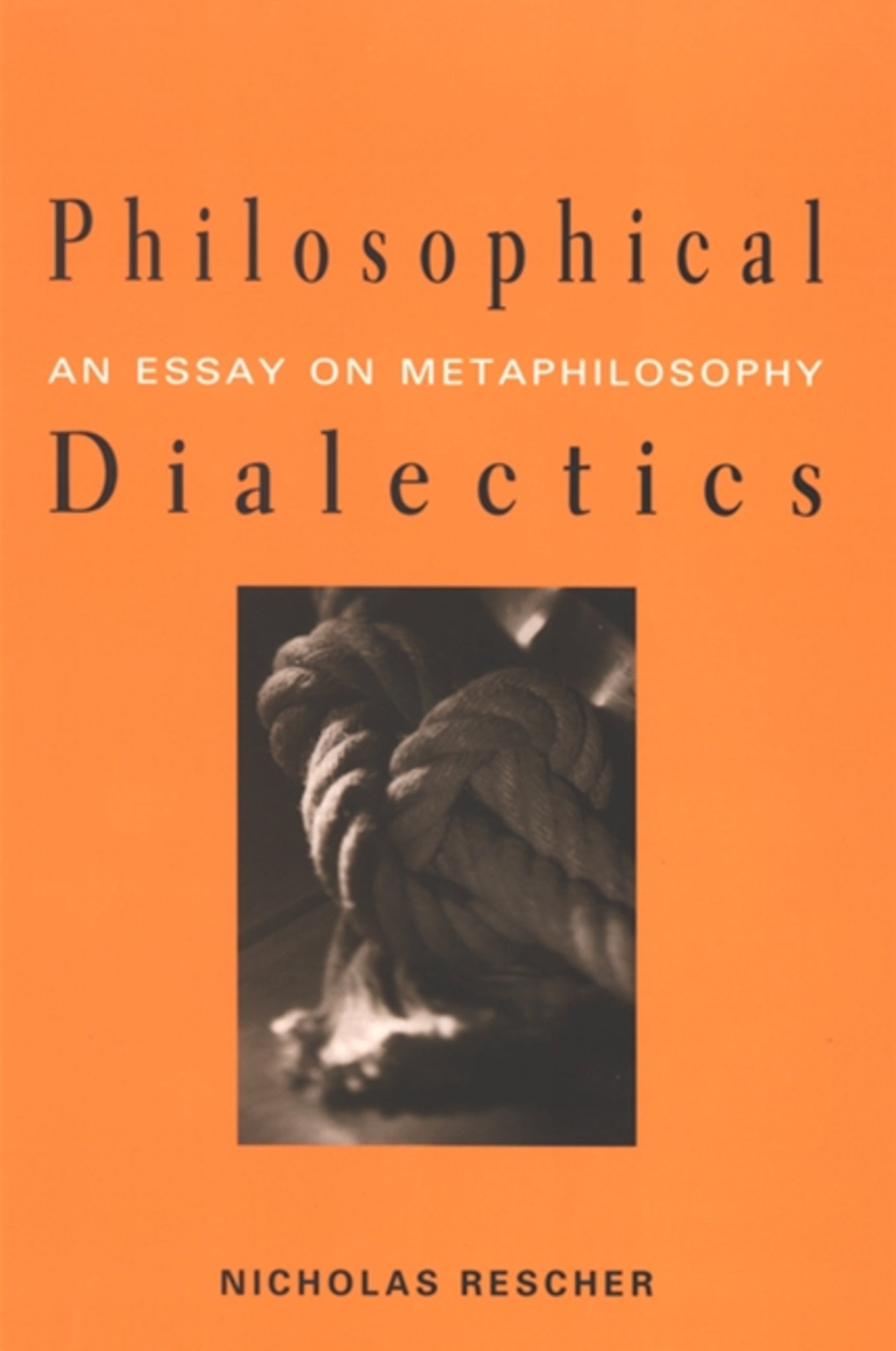We're sorry. An error has occurred
Please cancel or retry.
Philosophical Dialectics

Some error occured while loading the Quick View. Please close the Quick View and try reloading the page.
Couldn't load pickup availability
- Format:
-
01 June 2007

A study in philosophical methodology aimed at providing a clear view of the scope and limits of philosophical inquiry.
While the pursuit of philosophy "of" studies-of science, of art, of politics-has blossomed, the philosophy of philosophy remains a comparatively neglected domain. In this book, Nicholas Rescher fills this gap by offering a study in methodology aimed at providing a clear view of the scope and limits of philosophical inquiry. He argues that philosophy's inability to resolve all of the problems of the field does not preclude the prospect of achieving a satisfactory resolution of many or even most of them.


Preface
1. Philosophical Principles
Philosophical Principles
Principles of Informative Adequacy
Probative Principles of Rational Cogency
Principles of Rational Economy
Issues of Validation
Dealing with Objections
2. Aporetic Method in Philosophy
Consistency and Apories
Some Sample Apories
On Appraising Apories
Enter Distinctions
Apory Resolution as Cost-Benefit Analysis
3. On Distinctions in Philosophy
What Distinctions Are
How Distinctions Fail
Misassimilation
Historical Background
The Role of Distinctions in Philosophy
Philosophical Apories
Tie Issues Together
4. Respect Neglect and Misassimilation as Fallacies of Philosophical Distinctions
Respect Neglect
Simplicity
Fallacy
5. Systemic Interconnectedness and Explanatory Holism in Philosophy
The Problem
Summative Features
Fallacies of Composition and Division
Is Existence Mereologically Summative? No—A Whole is More Than Its Parts
The Analytical/Constructionist Program
Instances of the Implementation of the Constructionist Program
Problem Number One: The Fallacy of Termination Presumption
Problem Number Two: The Disintegration of Simplicity and the Fallacy of Respect Neglect
Perspectival Dissonance and Nonamalgamation
Cognition Is Not Summative
Review
Externalities and Negative Side Effects
Systematic Interconnectedness as a Consequence of Aporetic Complexity
6. The Structure of Philosophical Dialectic
Philosophical Aporetics
The Role of Distinctions
The Structure of Dialectic
Developmental Dialectics
The Burden of History
The Structure of Philosophical History
7. Ignorance and Cognitive Horizons
Ignorance
Intractable Questions about the Cognitive Future and Surd Generalities
Insolubilia Then and Now
Cognitive Limits
Identifying Insolubilia
Relating Knowledge to Ignorance
Notes
Bibliography
Index



